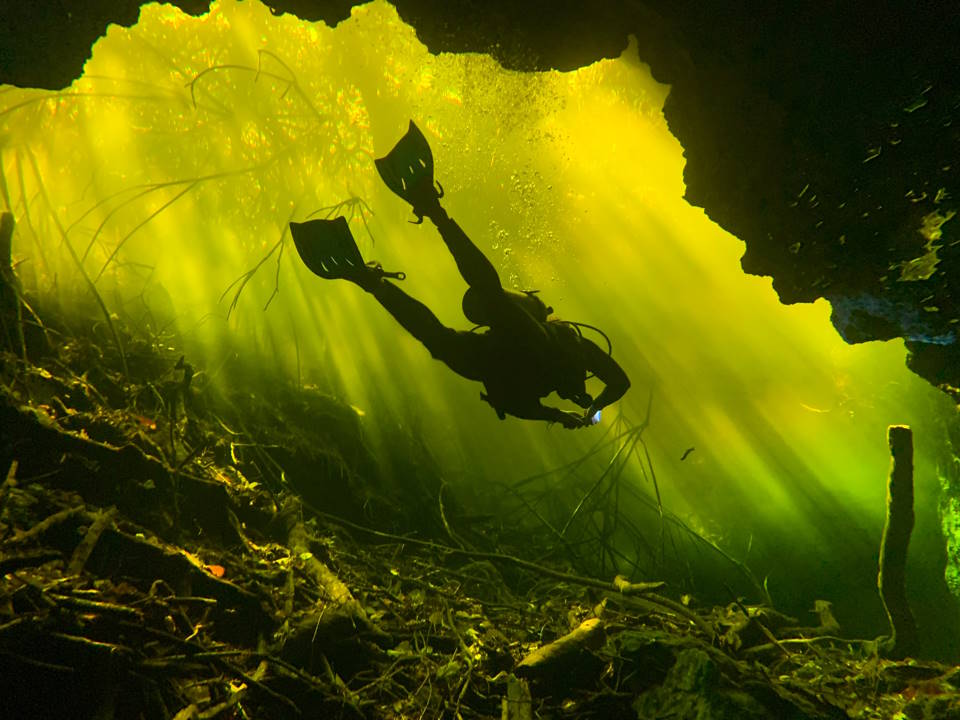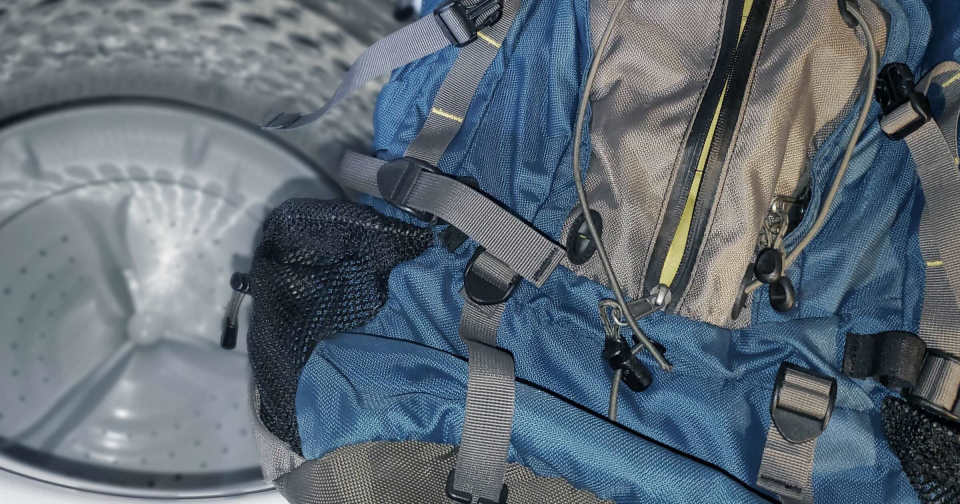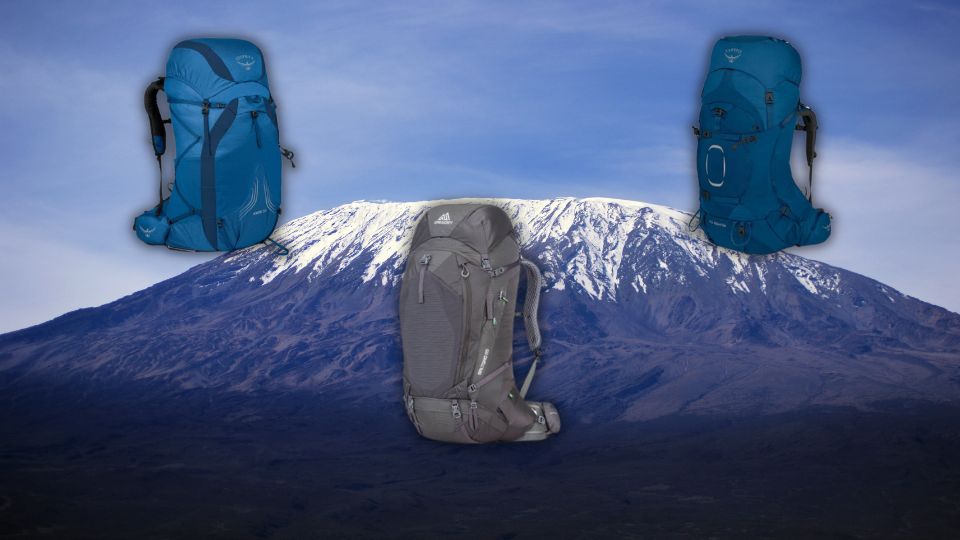Scuba diving is a thrilling and exciting activity that introduces you to a whole new underwater world. However, it is often misunderstood as a risky and dangerous sport. We would like to clarify that scuba diving is a safe and enjoyable experience if you take the necessary precautions and follow the rules. The key to staying safe while scuba diving is to educate yourself about the risks and how to avoid them. We will discuss the most common concerns related to scuba diving and provide tips on how to avoid them. Whether you’re a seasoned scuba diver or planning to try it for the first time, this post is a must-read for you. So, let’s dive in!
Introduction
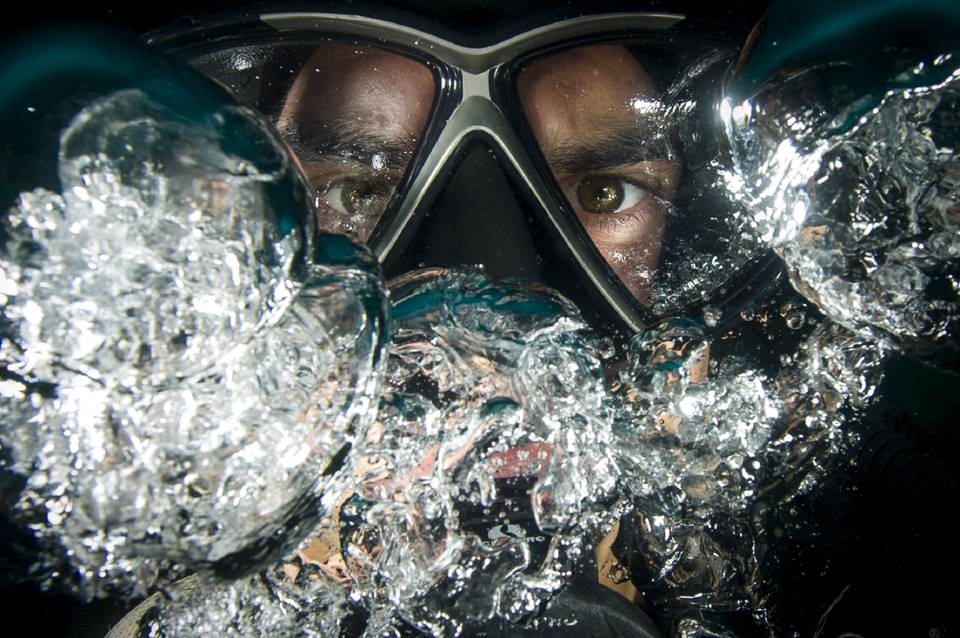
Scuba diving is a popular activity that attracts millions of tourists all over the world. It is an exhilarating experience that allows individuals to explore the underwater world and witness the different marine creatures in their natural habitat. However, is scuba diving dangerous? This is a question that has been asked by many, and there is no one answer that fits all individuals.
First and foremost, it is important to note that scuba diving is not an inherently dangerous activity. However, like with any sport or activity, there are certain risks involved. These risks can be managed through proper training, equipment maintenance, and following the necessary safety protocols.
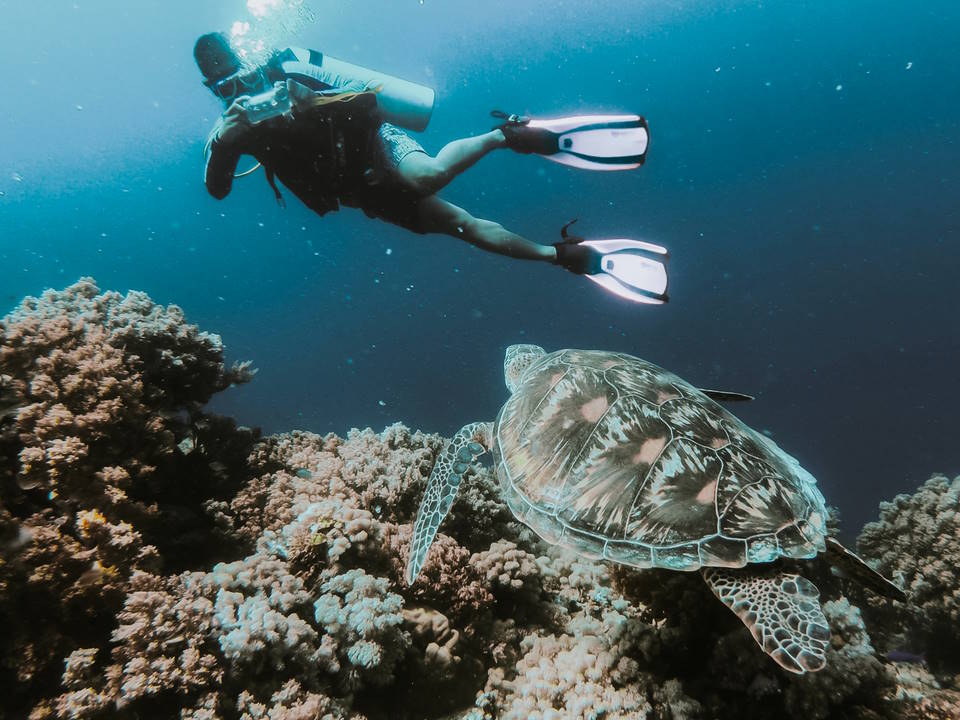
- One common danger of scuba diving is decompression sickness. This occurs when divers ascend too quickly, causing nitrogen bubbles to form in their bloodstream. This can result in pain, joint stiffness, fatigue, and even death. However, this risk can be minimized through careful ascent and strict adherence to dive tables and computer profiles.
- People with certain medical conditions, such as heart problems or chronic lung disease, may be at a higher risk for complications during scuba diving. It is important for every diver to disclose their medical history to their dive instructor and obtain medical clearance before engaging in the activity.
- Another danger of scuba diving is equipment failure. Inadequate maintenance or incorrect use of equipment can lead to serious accidents. Every piece of equipment used during a dive should be inspected thoroughly and maintained according to the manufacturer’s instructions.
Despite the risks associated with scuba diving, it can be a safe and enjoyable activity when proper precautions are taken. Before diving, make sure you are adequately trained and have obtained the necessary certification. Always dive with a buddy, maintain proper equipment, and follow established safety protocols. Remember, the goal of scuba diving is to have fun and explore the underwater world, but safety should always be the top priority.
Is Scuba Diving High Risk?
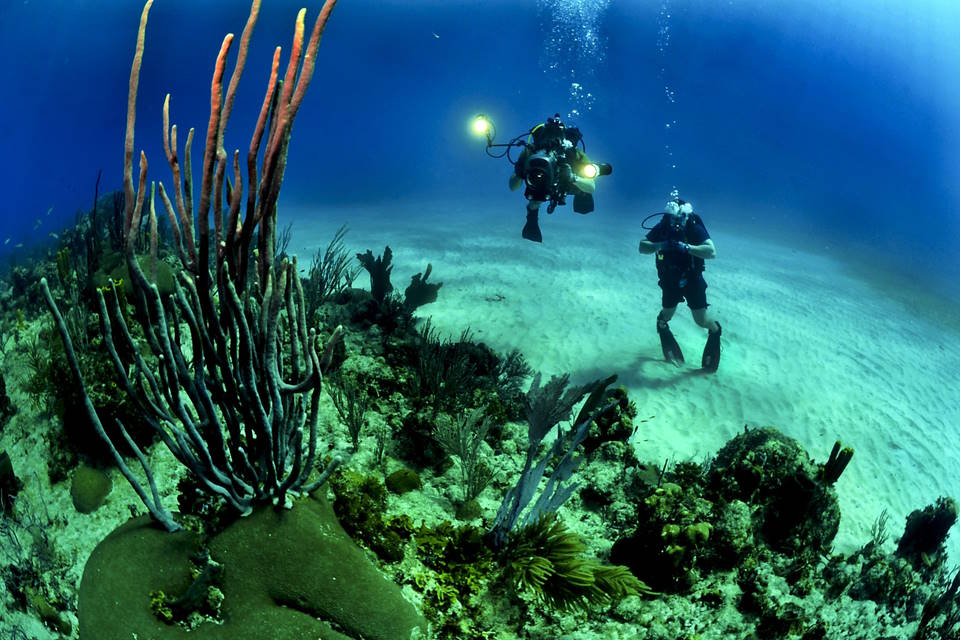
Scuba diving is an activity that provides adventurers a glimpse of the underwater world. It is an exciting sport with its own level of risks. Although scuba diving is generally safe, there are risks involved that shouldn’t be taken lightly. Common injuries include decompression sickness, lung expansion injury, and barotrauma. These injuries can be severe, but the risk can be minimized by proper training.
It is important to understand that scuba diving is a high-risk activity. There are several risks involved such as getting nitrogen narcosis, oxygen toxicity, and getting tangled in fishing nets. Scuba diving is particularly dangerous for individuals who have heart, respiratory, or circulatory problems, as well as those with ear or sinus problems. People with these conditions should not engage in scuba diving.
To avoid the risks of scuba diving, divers should have comprehensive training and certification before diving. By following the diving rules and regulations set by the diving organization, dangers of the sport can be minimized. Also, divers should always do their own pre-dive equipment check to ensure all equipment is in good working order.
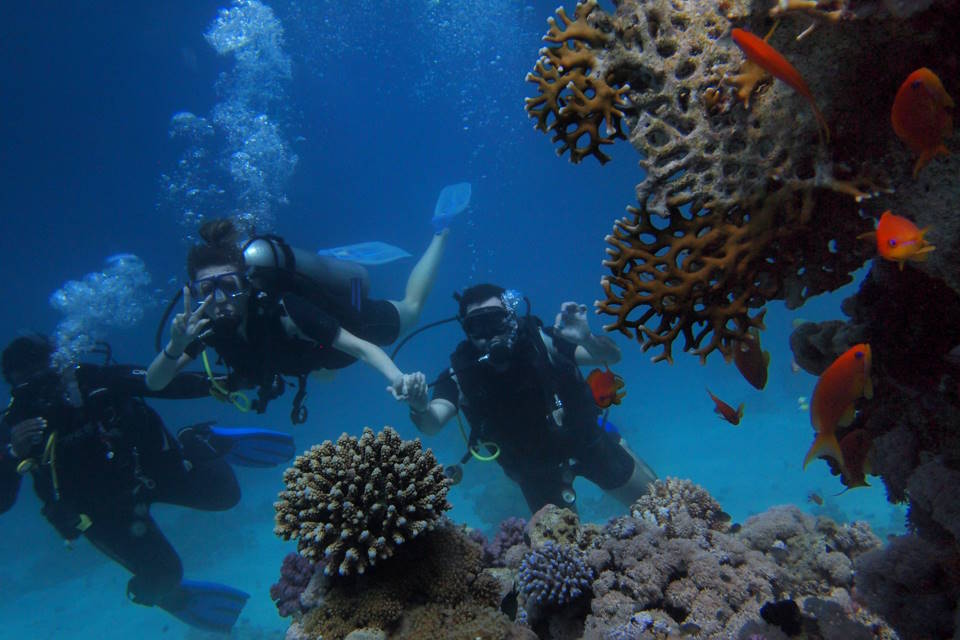
- It is important to have regular health check-ups before engaging in the sport.
- It is advisable to get travel and diving insurance before embarking on a scuba diving adventure in a foreign land.
- Divers should follow the rule of never diving alone, and a buddy system should be put in place.
- Divers should always take precautionary measures such as monitoring the depth and the air supply at all times to avoid decompression sickness.
- It is essential for divers to adhere strictly to the diving time rules and regulations to avoid oxygen toxicity.
The golden rule of scuba diving is to never hold your breath. Holding your breath during scuba diving leads to serious medical complications such as lung expansion injury, embolism, and even death. It is essential for divers to breathe continuously to avoid these risks.
| Common Scuba Injuries | Cause |
|---|---|
| Decompression Sickness | Rapid reduction in pressure as divers surface. |
| Lung Expansion Injury | Breathing in too much air while ascending which causes lung over-expansion. |
| Barotrauma | Pressure on body tissues due to a difference in pressure between the body and the environment. This can cause the rupture of the lung, sinuses, or inner ear. |
What Is One Danger of Scuba Diving?
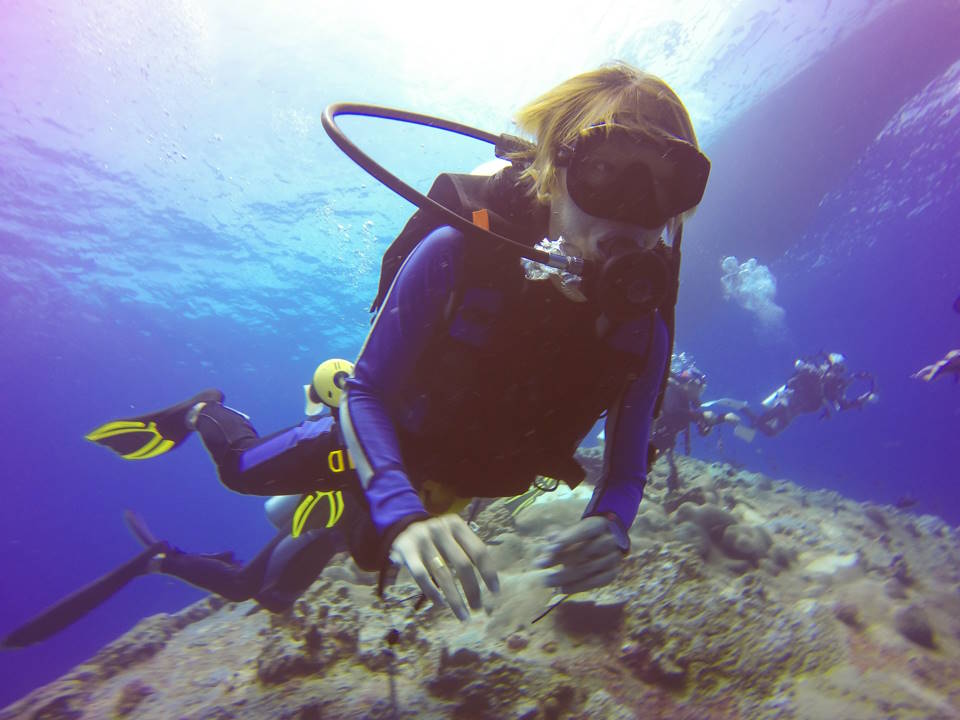
Scuba diving is a thrilling adventure for many people, but it can also be a dangerous sport if safety precautions are not taken. The underwater world is full of wonders, but it can also be full of danger. There are many possible dangers associated with scuba diving, and divers need to be aware of them before they take the plunge. One danger of scuba diving is decompression sickness, also known as “the bends.”
Decompression sickness occurs when a diver ascends too quickly, and the nitrogen in their body tissues forms bubbles that can cause severe pain, paralysis, and even death. This danger is more likely to occur in divers who do not follow proper diving protocols, such as ascending too quickly or diving too deep for their certification level.
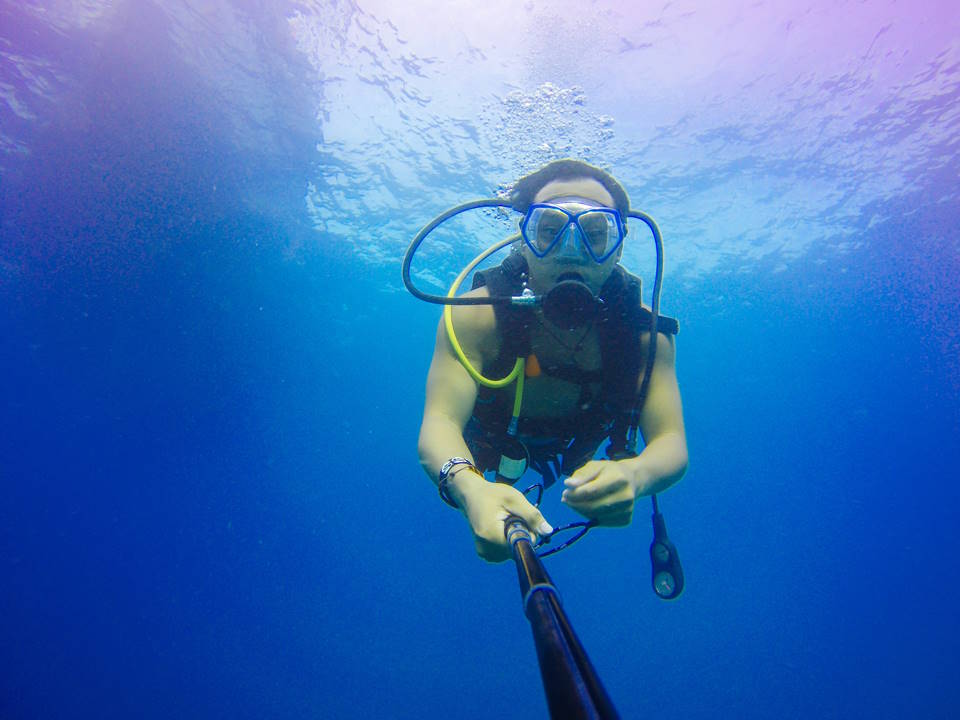
How can I avoid decompression sickness?
The best way to avoid decompression sickness is to follow proper diving procedures and to never ascend faster than your dive computer recommends. Your dive computer will monitor your depth and time underwater and calculate how much time you need to spend at a certain depth to avoid decompression sickness. Other things you can do to avoid decompression sickness include staying hydrated, avoiding alcohol before diving, and not flying too soon after dives.
| Do’s | Dont’s |
|---|---|
|
|
Who Should Not Do Scuba Diving?
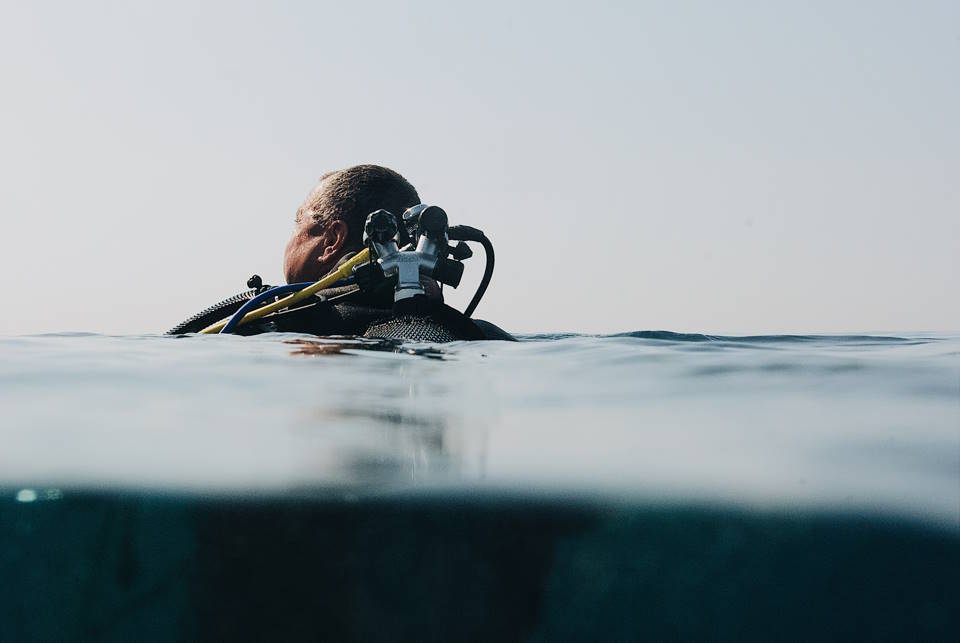
Scuba diving is a recreational sport that attracts millions of enthusiasts every year. It’s a great way to explore the underwater world and get closer to marine life. However, it’s not for everyone. There are some people who should not do scuba diving due to medical or physical limitations.
Firstly, people with certain medical conditions should avoid scuba diving. These include heart or lung disease, epilepsy, diabetes, and high blood pressure. These conditions can increase the risk of serious injury or even death while diving. It’s important to consult a doctor before attempting scuba diving to ensure that it’s safe for you.
Secondly, those who have fear or anxiety about diving should think twice before trying it out. Scuba diving requires the ability to remain calm and focused underwater. Anxiety or panic can lead to poor decision-making and increase the risk of accidents. If you’re not comfortable with the idea of diving, it’s better to stick to other water sports or activities.
How Common Are Scuba Injuries?
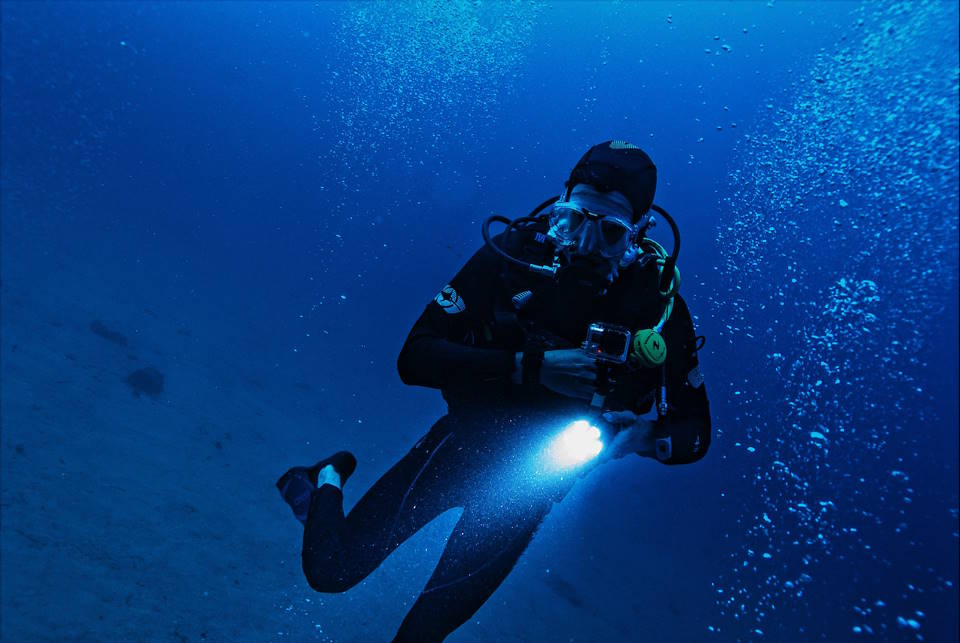
Scuba diving is an adventure sport that requires proper training, equipment, and safety measures. While it is an exhilarating activity, with coral reefs and untouched depths of the ocean floor to explore, it is not without risks. Scuba injuries can range from minor cuts and bruises to serious and life-threatening conditions.
The common scuba injuries include ear pain, barotrauma, decompression sickness, and drowning. Ear pain occurs due to unequal air pressure in the middle ear, while barotrauma happens when there is damage to tissues in the body due to rapid changes in pressure. Decompression sickness, also known as “the bends,” occurs when there are nitrogen bubbles in the bloodstream due to decompression. Drowning is a severe condition that can occur if the diver runs out of air, loses consciousness, or encounters equipment failure.

- Ear Pain: To avoid ear pain while diving, it is essential to equalize the pressure in the middle ear using the Valsalva maneuver. The diver should blow gently against a closed nose to regulate the air pressure.
- Barotrauma: It is crucial to descend and ascend slowly, as this minimizes the effect of pressure changes on your body.
- Decompression Sickness: To avoid decompression sickness, divers should follow the depth and time limits and make safety stops during the ascent.
- Drowning: It is essential to anticipate equipment failure and know how to react to an emergency situation. Always dive with a buddy and have a dive plan.
While scuba injuries are rare, it is essential to take proper precautions to ensure a safe and enjoyable dive. Proper training, thorough equipment inspection, and adherence to safety measures significantly reduce the risk of injury. Additionally, divers should maintain good health, eat a healthy diet, exercise regularly, and avoid diving when feeling unwell. By doing this, you can enjoy the wonders of the underwater world and all the beauty it has to offer without fear of injury.
How Can You Avoid Scuba Diving Risks?
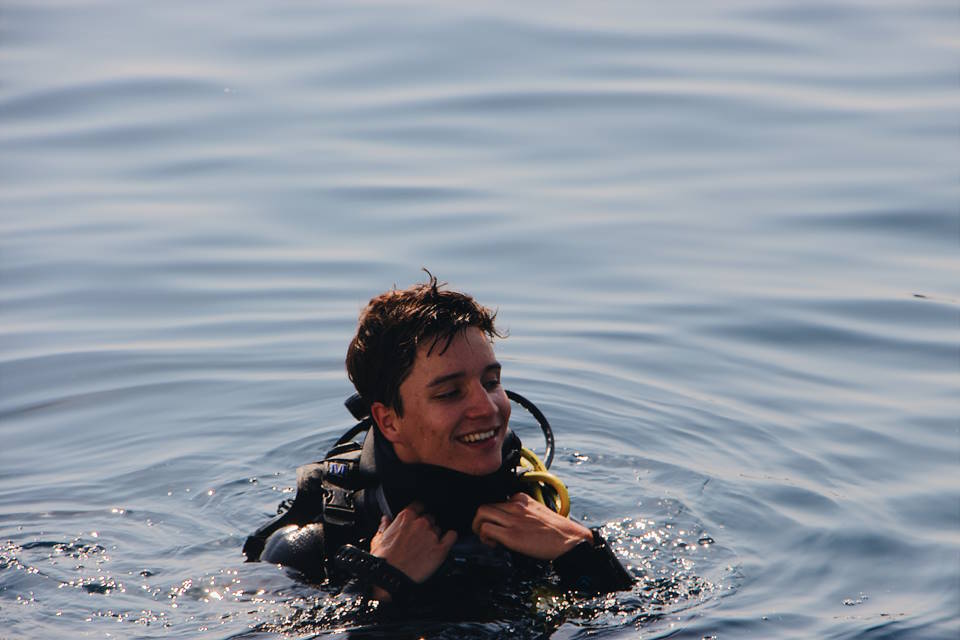
Scuba diving is a fantastic way to explore the underwater world, but it does come with certain risks. Fortunately, there are many ways to minimize these risks and enjoy your dive without any problems. To help you avoid scuba diving risks, we have put together some tips and tricks to follow.
- Choose a reputable dive operator: Before booking a scuba diving trip, do thorough research on dive operators. Make sure that they have a good reputation and are fully licensed and certified.
- Get certified: It is essential to undertake scuba diving training and become certified before attempting to dive. This gets you familiarized with the basic skills, equipment, and safety procedures.
- Check the weather: Weather conditions can be unpredictable, so make sure to check the weather forecast before diving. Avoid diving during storms, heavy rain or strong winds.
- Always do a gear check: Before diving, inspect your gear, ensure that it is functioning correctly and is properly fitted. Verify that your tank is full, and your dive computer is working. The last thing you want is to experience any equipment malfunctions while underwater.
These tips are just a few ways to avoid scuba diving risks. It is always best to stay vigilant and prepared while diving. Remember, safety should always come first, and it is better to cancel a dive than to risk your well-being. Follow these tips to ensure that your dive is fun, memorable and safe.
What Is the Golden Rule of Scuba Diving?
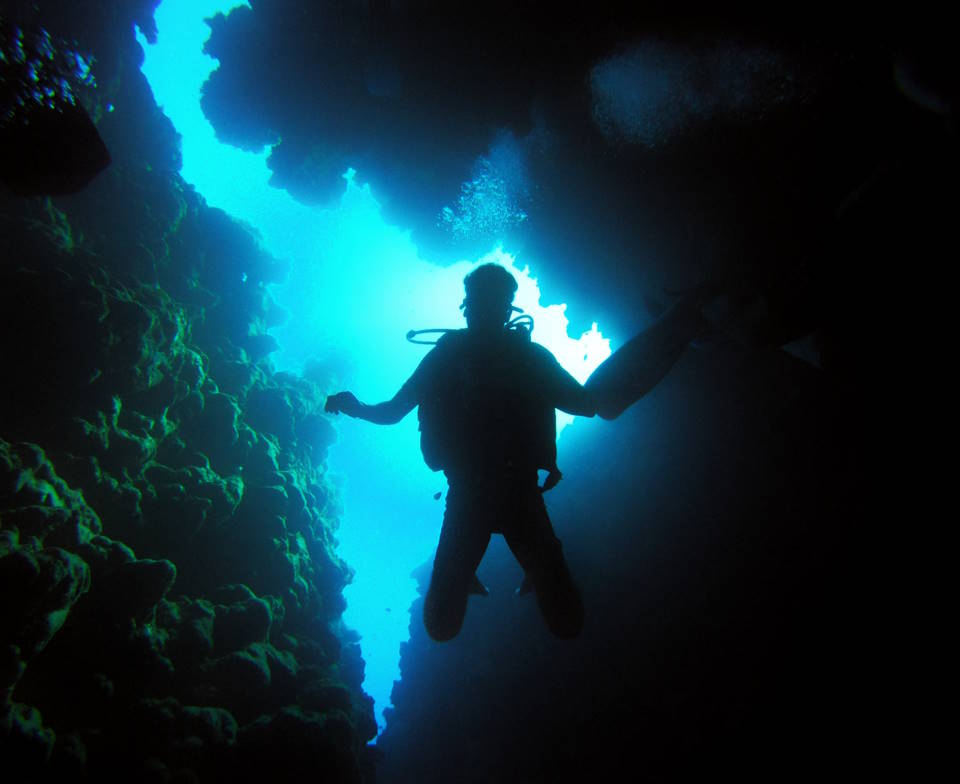
Scuba diving has become an increasingly popular activity worldwide. With the beautiful coral reefs and marine life to explore, the experience is unforgettable. However, with any adventurous activity, there are risks involved. Safety regulations and precautions must be considered before diving. The golden rule of scuba diving is one of the essential guidelines to ensure a safe and enjoyable experience.
The golden rule of scuba diving is simple but crucial: “Never hold your breath.” This rule is an essential diving technique necessary for novice and experienced divers. While scuba diving, it is natural to hold your breath when swimming underwater. However, holding your breath underwater can lead to severe health complications. When diving, air must continuously flow in and out of the lungs. Failing to follow this rule can result in injuries, such as lung over-expansion injuries and decompression sickness.
The golden rule of scuba diving is not the only safety rule to follow when diving. Before you dive, research the area you will be diving in, and familiarize yourself with its potential dangers. It is also vital to ensure that you have the right gear and equipment, including a diving suit, fins, and mask, to name a few. Always dive with a buddy, and stay within your limits. Diving requires physical effort, and it is essential to maintain your health and fitness levels to minimize any health setbacks.
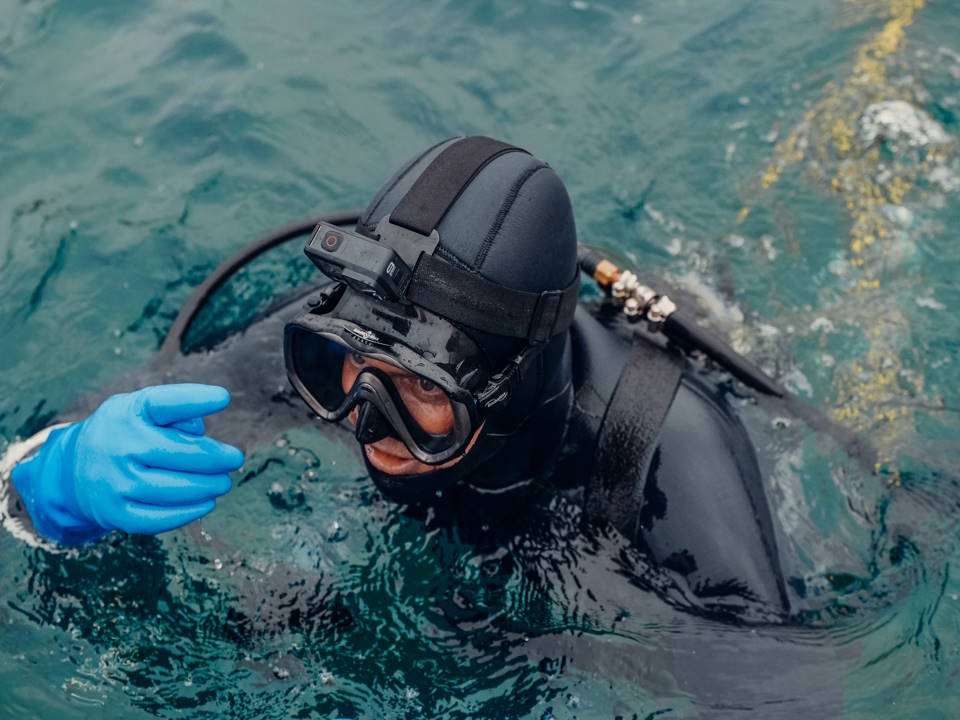
| Diving Do’s | Diving Don’ts |
|---|---|
|
|
Scuba diving can be a fulfilling and thrilling experience when safety regulations are followed. Remembering the golden rule of scuba diving is the first step to a safe and enjoyable dive. Whether you are an experienced or novice diver, always prioritize safety and never forget to have fun.

